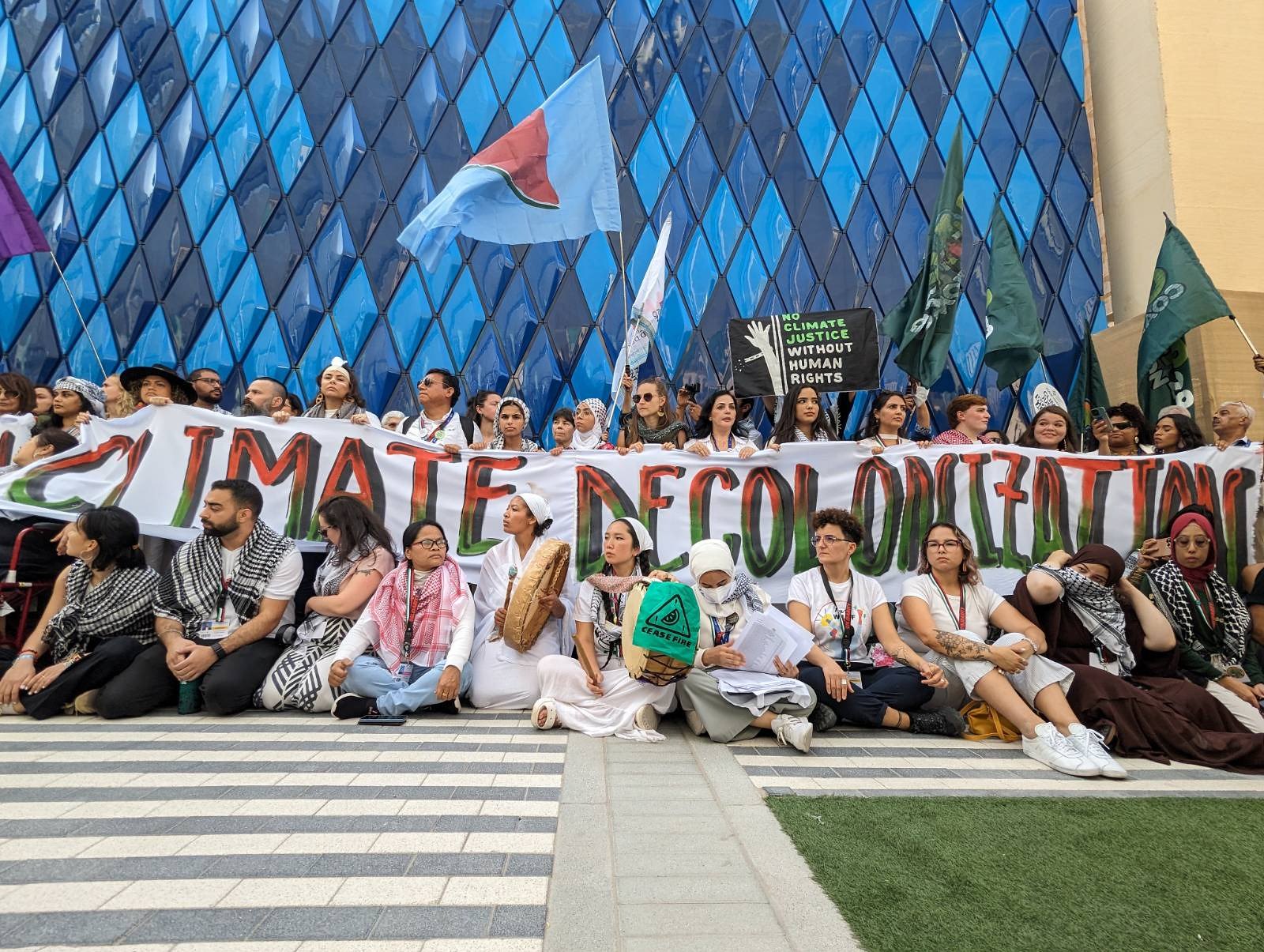Private Military & Security Companies and the UN
An increasing number of countries are outsourcing to private companies activities that have traditionally been carried out by the state. In this process, not even the core areas of security and the military have been spared. The most notorious example of this is the Pentagon’s transfer of genuinely military duties to Blackwater in Iraq.
In the middle of the global crisis, private military and security companies (PMSC) have experienced a major boom. At the same time, there has been a strong wave of company mergers that has given a few corporations a geographically widely established potential and the ability to offer a range of services extending from risk assessments to armed security deployments. Through this process, these companies have massively expanded their political influence. In addition to recruiting their personnel from state institutions and armies (where previously the societies had to pay for their own training), they also maintain privileged relationships with the governments of the Western World.
What is less well-known is that the United Nations (UN) has been increasingly entering into partnerships with private military and security companies for their global deployments, allegedly for the protection of UN employees and the security of operations.
It should be asked: why is the UN—in the name of peace and justice—also collaborating with these companies? Officials claim this is done for reasons of cost effectiveness and because the personnel of these private companies are prepared for deployment at any time, in contrast with the limited UN personnel. However, is this collaboration in line with the duties and self-conception of the UN: the creation of a safer, more just world, and the defense of the rule of law?
Not least of all, the heavy use of private security companies has resulted from the fact that UN missions have changed over the last years. Military, political and humanitarian objectives are increasingly linked with robust deployments in the name of peace, which—at least more so now than previously—leads to the perception of the UN as a “party of war.” As a result, the importance of “security” increases for the UN in this context. With increasing frequency, UN employees have to entrench themselves in their facilities, surrounded by defensive walls and armed security personnel.
Furthermore, there are hardly any guidelines for working with PMSCs, to say nothing of clear responsibilities. How should compliance with standards and principles be checked in such cases?
One thing is clear: if this questionable state is to be changed, the entire security concept of the UN will have to be reconsidered.
Lou Pingeot describes the depth of this problem in this well-received joint study from the Rosa Luxemburg Foundation and the Global Policy Forum. She shows that security companies have repeatedly violated the law during their deployments, including serious human rights abuses. Simultaneously, Pingeot criticizes the fact that outsourcing security services disarranges UN policy, subverts UN self-conception and ultimately changes the institution itself in a negative direction. Her conclusion is that this “security partnership” must not only be supervised more closely, but that the UN should reconsider this type of collaboration against the backdrop of their self-conception.
Until now, the UN has avoided discussing the outsourcing of security duties in public. This “politics of concealment” is no longer possible after Pingeot’s study.



